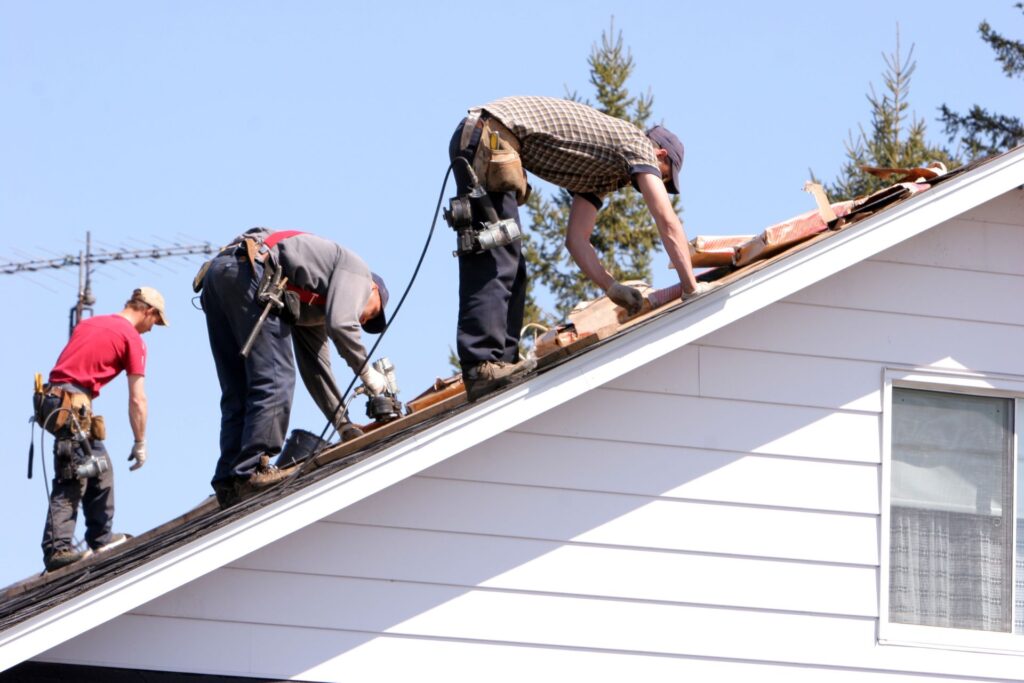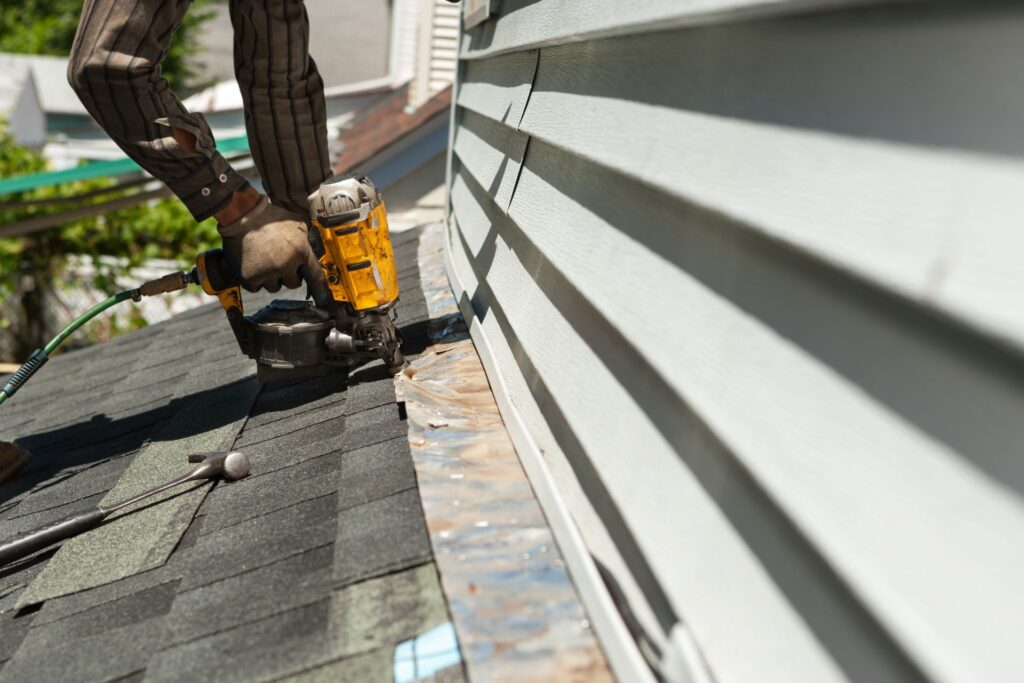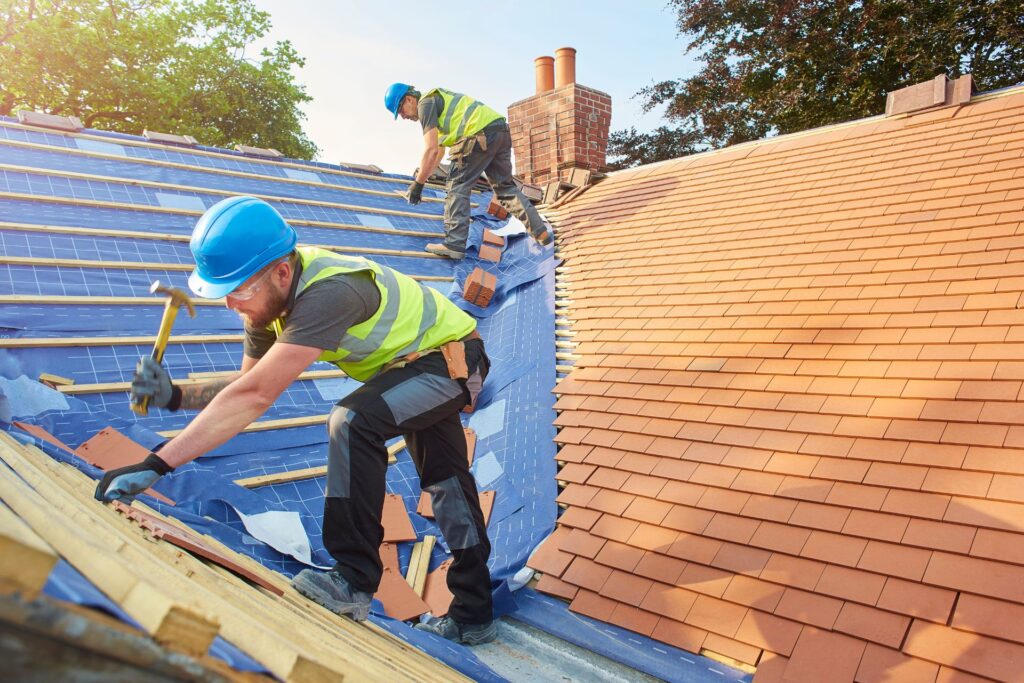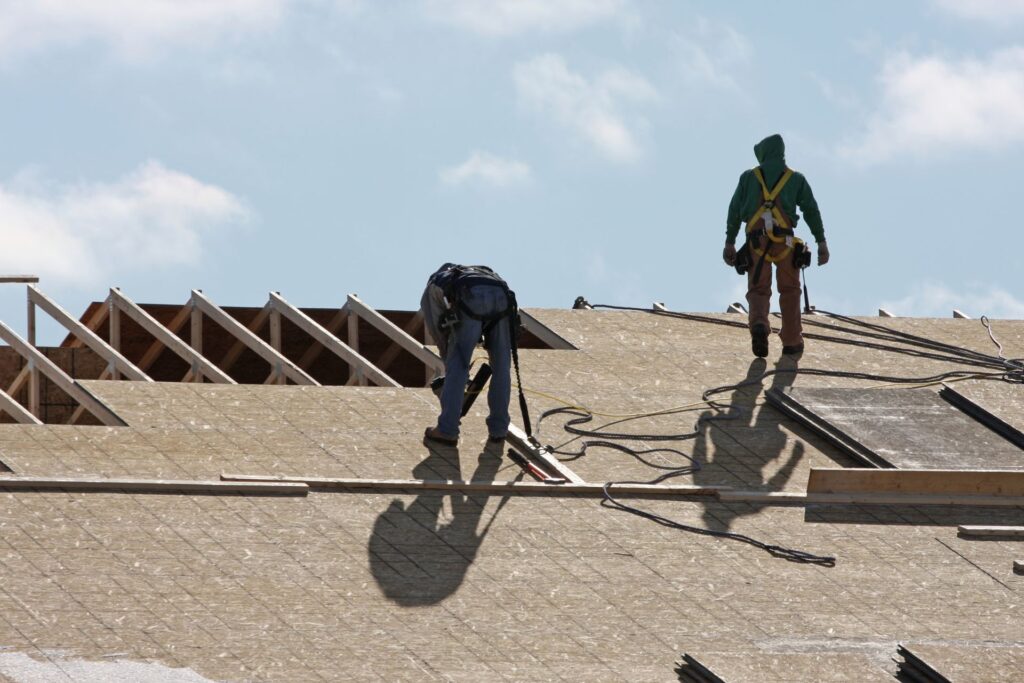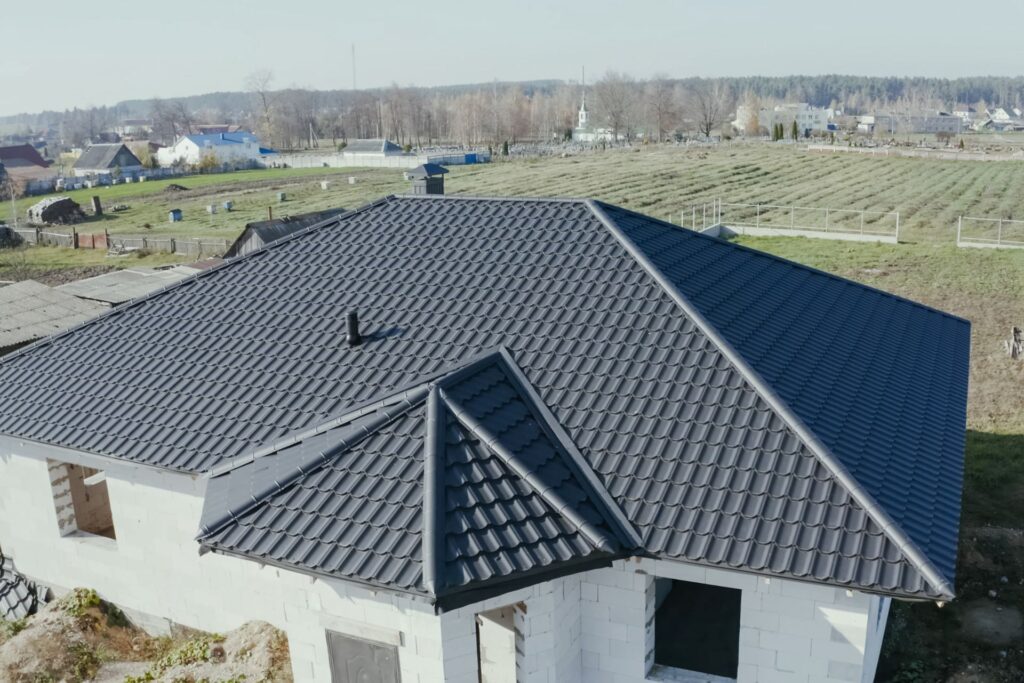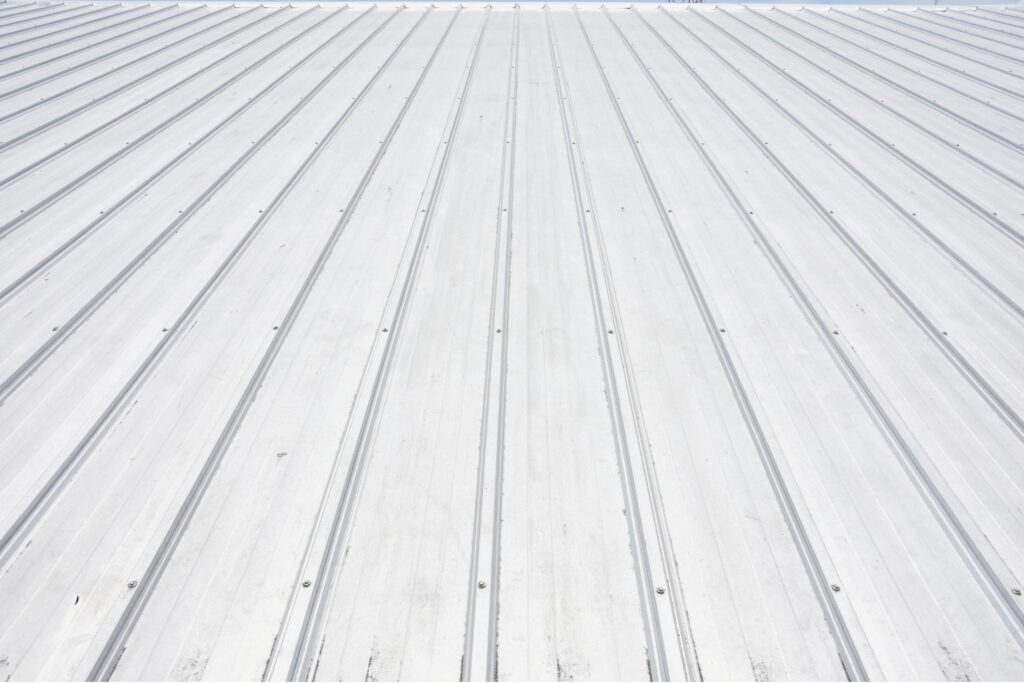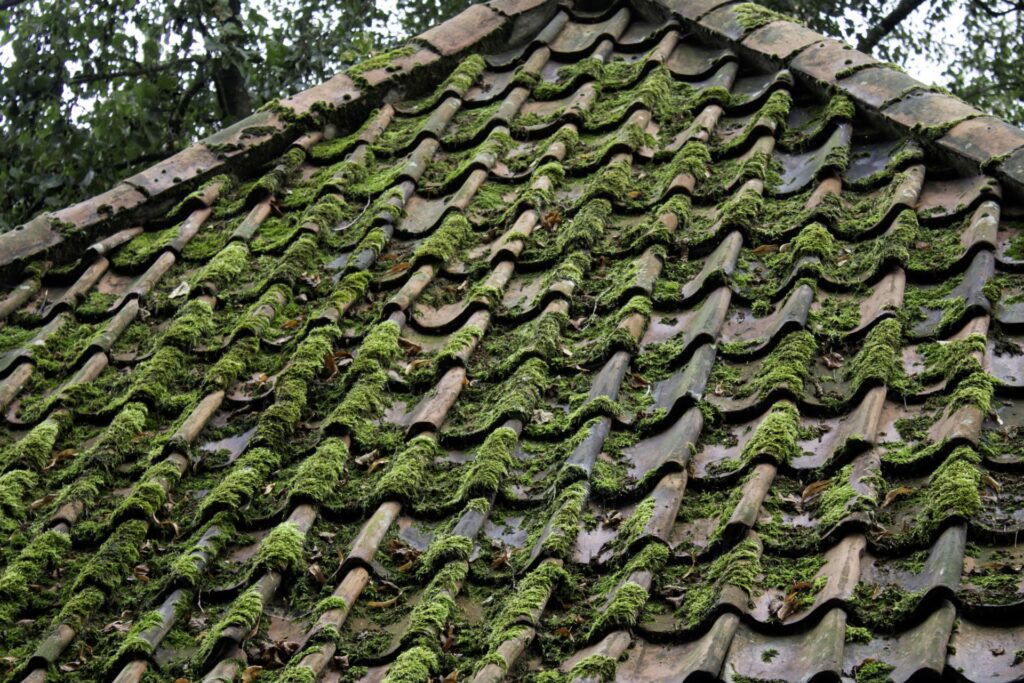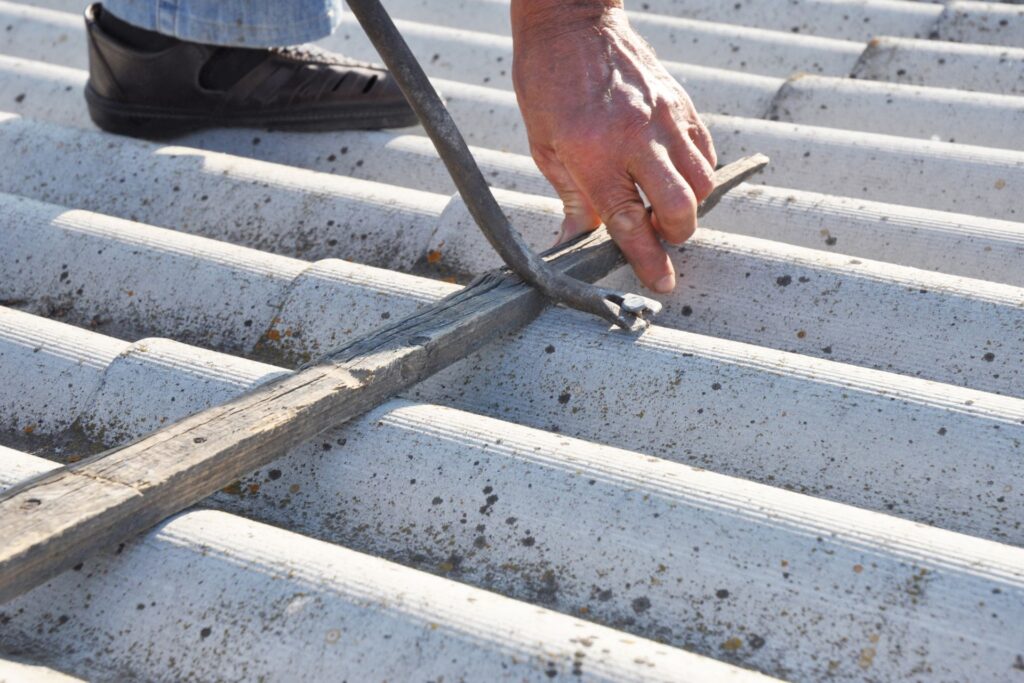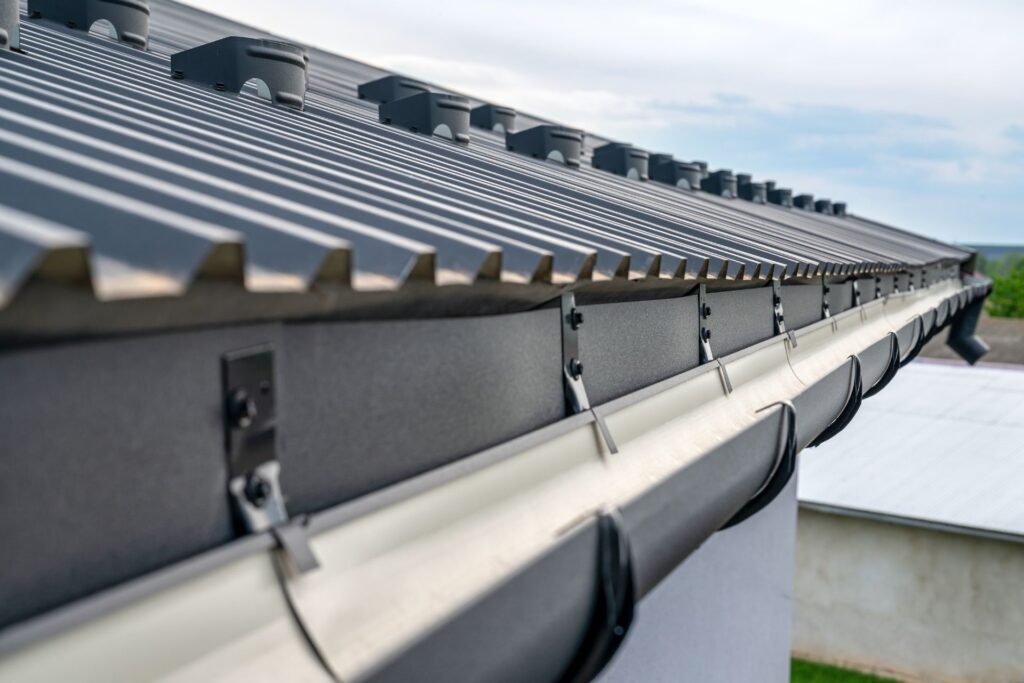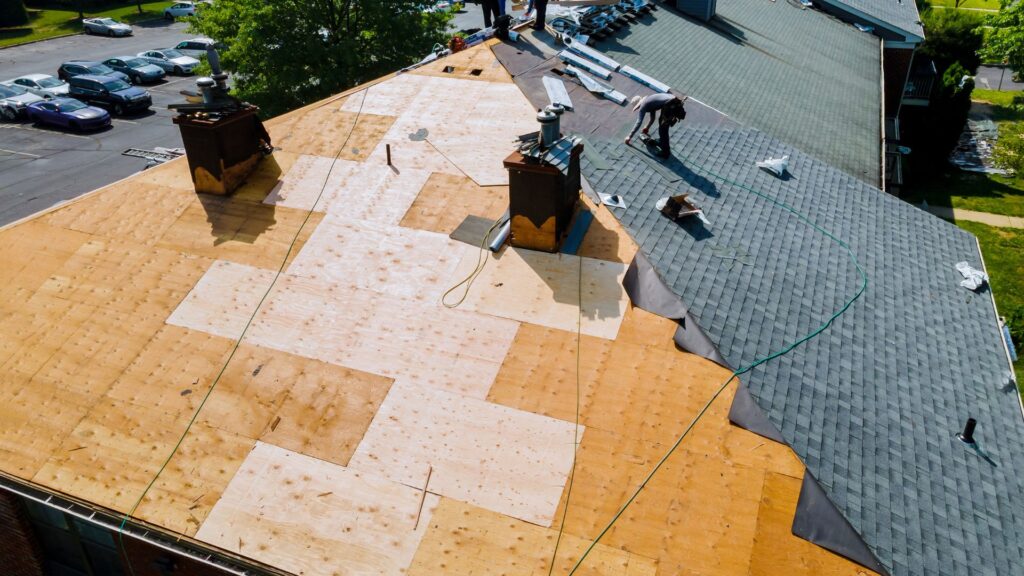Ultimate Guide To Roofing Cost Per Square Meter NZ
Welcome to our comprehensive guide to understanding the intricacies of roofing costs per square meter in New Zealand. Whether you’re planning a new build, thinking about a roofing upgrade, or simply curious about the potential investment involved, this article is your go-to resource. We delve into the factors that influence roofing costs, from the type of materials to labor charges, and provide a clear breakdown to help you plan and budget effectively. Our aim is to arm you with the knowledge you need to make informed decisions about your roofing project, ensuring you can navigate the process with ease and confidence. Join us as we explore everything you need to know about roofing costs in NZ, making this complex topic accessible and understandable for homeowners and enthusiasts alike.
Roofing cost per square meter in NZ varies significantly based on material choices, labor costs, roof complexity, and location, ranging from NZ$50 to over NZ$250 per square meter. Affordable options include asphalt shingles and metal roofing, while premium materials like slate and clay tiles are at the higher end. Remember to factor in additional expenses such as installation and permits for a comprehensive budget. Detailed quotes tailored to your project are essential for accurate financial planning.
- The Basics Of Roofing Costs
- Types Of Roofing Materials Available In NZ
- Average Roofing Costs Per Square Meter In New Zealand
- Additional Costs To Consider In Roofing
- Choosing The Right Roofing Material For Your Home
- Hiring A Professional VS. DIY Roofing
- How To Get The Best Quotes For Your Roofing Project
- Maximizing Your Investment In Your Roofing Project
- FAQs: About Roofing Costs Per Square Meter In NZ
The Basics Of Roofing Costs
When embarking on a roofing project, whether it’s a repair, replacement, or new installation, one of the first questions that comes to mind is, “How much is this going to cost me?” It’s a valid concern, as the roof is one of the most critical components of your home, protecting you from the elements and contributing significantly to the overall aesthetics and value of your property. In this section, we dive deep into the basics of roofing costs, focusing on the concept of “roofing cost per square meter” and the various factors that influence the final price tag of your roofing project.
What Does “Roofing Cost per Square Meter” Mean?
The term “roofing cost per square meter” is a standard measurement used by roofing professionals to estimate the cost of roofing materials and labor for a project. This unit of measurement helps in providing a clear and concise way to break down the costs associated with roofing work, making it easier for homeowners to understand and compare quotes. Essentially, it reflects the amount of money you will need to spend for every square meter of roofing material installed on your roof. It includes the cost of materials, labor, and any additional components or treatments your roof may need, such as underlayment, sealants, and finishes.
Factors Influencing Roofing Costs
Several factors can affect the overall cost of your roofing project. Understanding these can help you make informed decisions and potentially save money while ensuring you don’t compromise on quality. Here’s what impacts roofing costs:
Materials
The choice of roofing material is the most significant factor affecting cost. Options range from asphalt shingles, which are among the most affordable, to more premium materials like metal, slate, or tile. Each material has its unique benefits, lifespan, and aesthetic appeal, but they also come with different price points. The material you choose will directly impact the cost per square meter.
Labor
Labor costs can vary widely depending on the complexity of your roofing project and the expertise of the professionals you hire. Complex roofs with steep slopes, valleys, and dormers require more time and expertise to roof, increasing labor costs. Additionally, highly skilled and experienced contractors might charge more, but the investment can be worth it for the quality and reliability of the workmanship.
Location
Your geographic location plays a crucial role in determining roofing costs. Factors like the cost of living, local building codes, and the availability of roofing materials can all influence the price. In areas where extreme weather conditions are common, roofing materials and installation standards might need to cater to higher durability and resilience requirements, possibly elevating costs.
Additional Features and Complexity
Features like chimneys, skylights, and ventilation systems can complicate the roofing process, requiring additional materials and labor. The complexity of your roof’s design, including its pitch and the number of facets, also plays a critical role in determining the final cost.
In conclusion, while the “roofing cost per square meter” provides a useful baseline for estimating the expenses of a roofing project, it’s essential to consider the broader picture. Material choices, labor, location, and the specific requirements of your roof all intertwine to influence the overall cost. By understanding these factors, you can better navigate the process of getting a new roof, ensuring that you make choices that align with your budget, preferences, and long-term satisfaction.
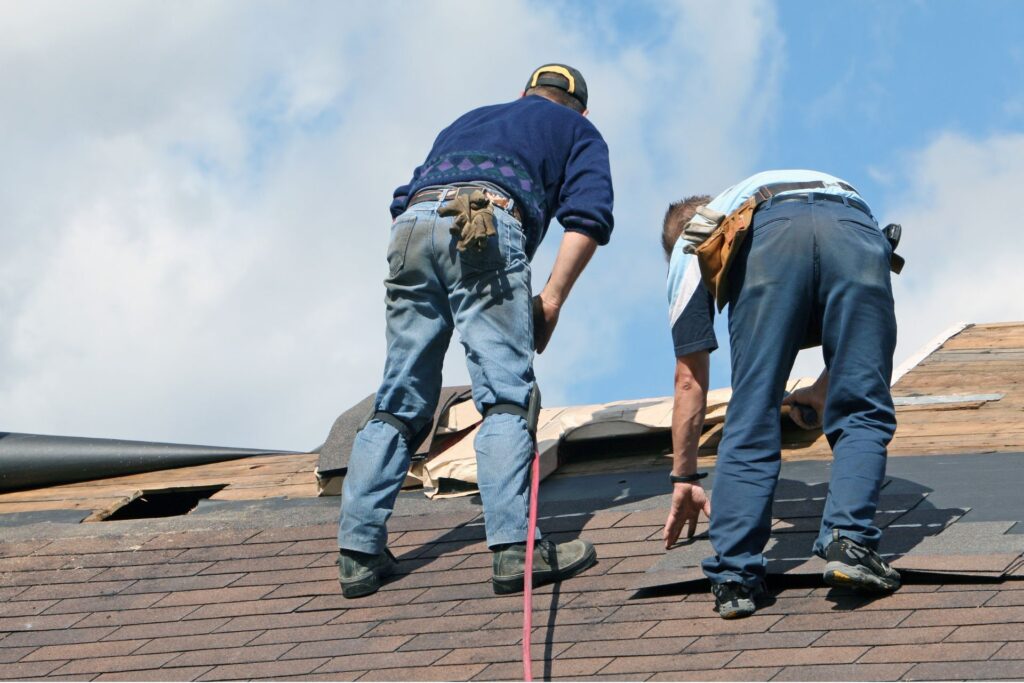
Types Of Roofing Materials Available In NZ
Choosing the right roofing material is crucial for homeowners in New Zealand, not only to ensure the structural integrity of their homes but also to enhance aesthetic appeal and ensure long-term cost-effectiveness. In this detailed guide, we delve into the most common roofing materials available in New Zealand, including asphalt shingles, metal, clay tiles, concrete tiles, and slate. We’ll explore the advantages and disadvantages of each, focusing on key aspects such as durability, aesthetics, and cost, to help you make an informed decision for your home.
Asphalt Shingles
Overview: Asphalt shingles are a popular choice worldwide, known for their versatility and range of styles.
Pros
Cost-Effective: They are one of the most affordable roofing options, making them ideal for budget-conscious homeowners.
Versatile Aesthetics: Asphalt shingles come in a variety of colors and styles, suiting different architectural designs.
Ease of Installation: They can be easily installed, which can reduce labor costs.
Cons
Lower Durability: Compared to other materials, they have a shorter lifespan, typically between 15 to 30 years.
Environmental Impact: Being a petroleum-based product, asphalt shingles are less eco-friendly.
Metal Roofing
Overview: Metal roofing is gaining popularity in New Zealand for its durability and sustainability.
Pros
Longevity: Metal roofs can last up to 50 years or more with proper maintenance.
Energy Efficiency: They reflect solar radiant heat, which can reduce cooling costs.
Sustainability: Metal roofing is recyclable, making it an environmentally friendly option.
Cons
Higher Initial Cost: The upfront cost can be higher than other materials, but this is offset by its long life and low maintenance.
Noise: During heavy rain or hail, metal roofs can be noisier than other types of roofing.
Clay Tiles
Overview: Clay tiles are known for their distinctive Mediterranean look and longevity.
Pros
Durability: Clay tiles are extremely durable, with a lifespan that can exceed 100 years.
Aesthetic Appeal: They offer a classic, elegant appearance and come in various colors and finishes.
Fire Resistance: Clay tiles are fireproof, adding an extra layer of safety to your home.
Cons
Cost: They are among the more expensive roofing materials due to their longevity and aesthetic appeal.
Weight: Clay tiles are heavy, requiring a sturdy roof structure to support the weight.
Concrete Tiles
Overview: Concrete tiles are a versatile and durable roofing option that mimics the appearance of clay and slate.
Pros
Versatility: They can be shaped and colored to resemble other materials like slate and wood shakes.
Durability: Concrete tiles are long-lasting, with a lifespan of 50 years or more.
Cost-effective: They offer a balance between the aesthetic appeal of clay tiles and the affordability of other materials.
Cons
Weight: Like clay tiles, concrete tiles are heavy and may require additional structural support.
Porosity: Without proper sealing, they can absorb water and become prone to moss and algae growth.
Slate
Overview: Slate roofing is prized for its natural beauty and incredible durability.
Pros
Longevity: Slate can last over 100 years, making it one of the most durable roofing materials.
Aesthetics: Its natural variation in color and texture offers unmatched elegance and sophistication.
Fire Resistance: Being a natural stone, slate is completely fireproof.
Cons
High Cost: Slate is one of the most expensive roofing options due to its longevity and aesthetic qualities.
Weight: Its heavy weight requires a robust roofing structure for support.
In conclusion, when selecting roofing materials in New Zealand, it’s essential to weigh the pros and cons of each option in terms of durability, aesthetics, and cost. Whether you prioritize longevity, style, or budget-friendliness, there is a roofing material that meets your needs. Remember to consult with roofing professionals to ensure that your chosen material is suitable for your home’s architectural style and structural capabilities.
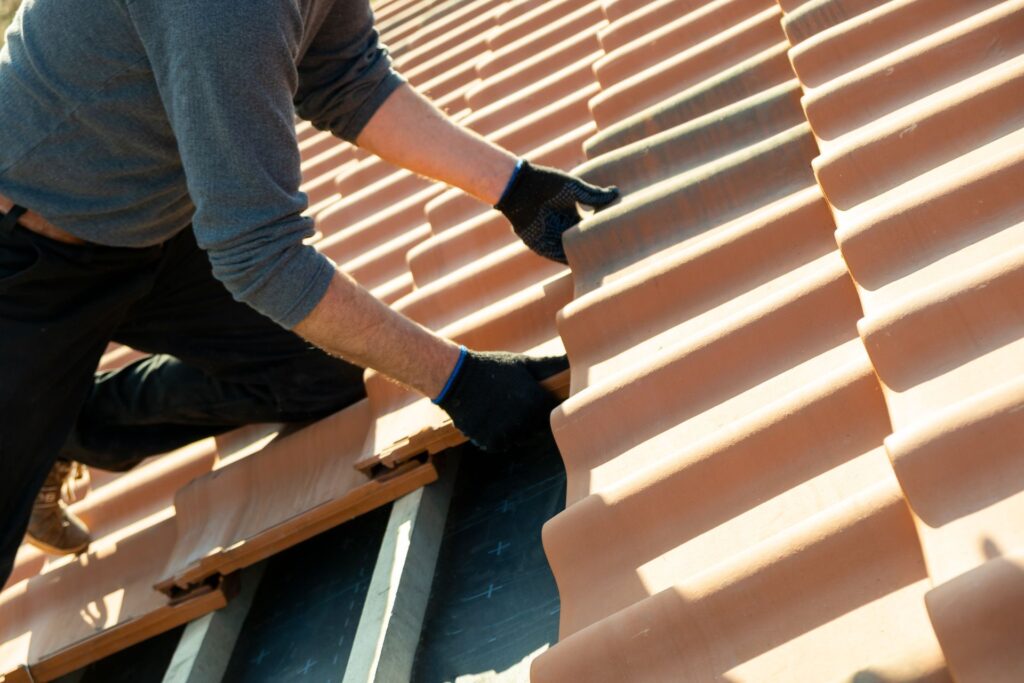
Average Roofing Costs Per Square Meter In New Zealand
When it comes to home improvement or construction, understanding the costs involved in roofing is crucial for homeowners and builders alike. New Zealand, with its unique climate and architectural styles, has a diverse range of roofing materials each with its own price range. In this detailed guide, we delve into the average roofing costs per square meter across different materials, providing a handy comparison table for quick reference and highlighting recent trends that may influence these prices.
Understanding the Costs
Roofing costs in New Zealand can vary widely depending on the material you choose. The choice of material is often influenced by factors such as durability, aesthetics, and climate resistance. Below, we present a breakdown of average costs for the most common roofing materials:
Metal Roofing: Known for its durability and resistance to harsh weather conditions, metal roofing is a popular choice. Prices range from NZ$50 to NZ$70 per square meter.
Concrete Tiles: Offering a blend of affordability and durability, concrete tiles are favored for their traditional appearance. Expect to pay between NZ$30 to NZ$60 per square meter.
Clay Tiles: While offering a premium aesthetic and excellent durability, clay tiles are on the higher end, costing between NZ$70 to NZ$100 per square meter.
Asphalt Shingles: Widely used for their affordability and ease of installation, asphalt shingles cost approximately NZ$20 to NZ$40 per square meter.
Slate Tiles: For those seeking luxury and a timeless look, slate tiles are an option, though they come with a higher price tag of NZ$200 to NZ$500 per square meter, largely due to the importation and material quality.
Recent Trends Affecting Prices
The roofing industry in New Zealand, like many others, has been subject to recent trends and challenges that affect material costs. Supply chain disruptions, particularly during and after global events such as the COVID-19 pandemic, have led to fluctuations in prices and availability of roofing materials. Additionally, the increasing demand for sustainable and eco-friendly roofing options has seen a rise in prices due to the higher costs associated with greener materials and technologies.
When planning your roofing project in New Zealand, it’s important to consider not only the aesthetic and functional aspects of your chosen material but also its cost per square meter. By understanding the average costs and recent market trends, you can make a more informed decision that aligns with your budget and preferences. Whether you opt for the affordability of asphalt shingles or the luxury of slate tiles, being aware of the current landscape will ensure your roofing investment is sound and satisfactory.
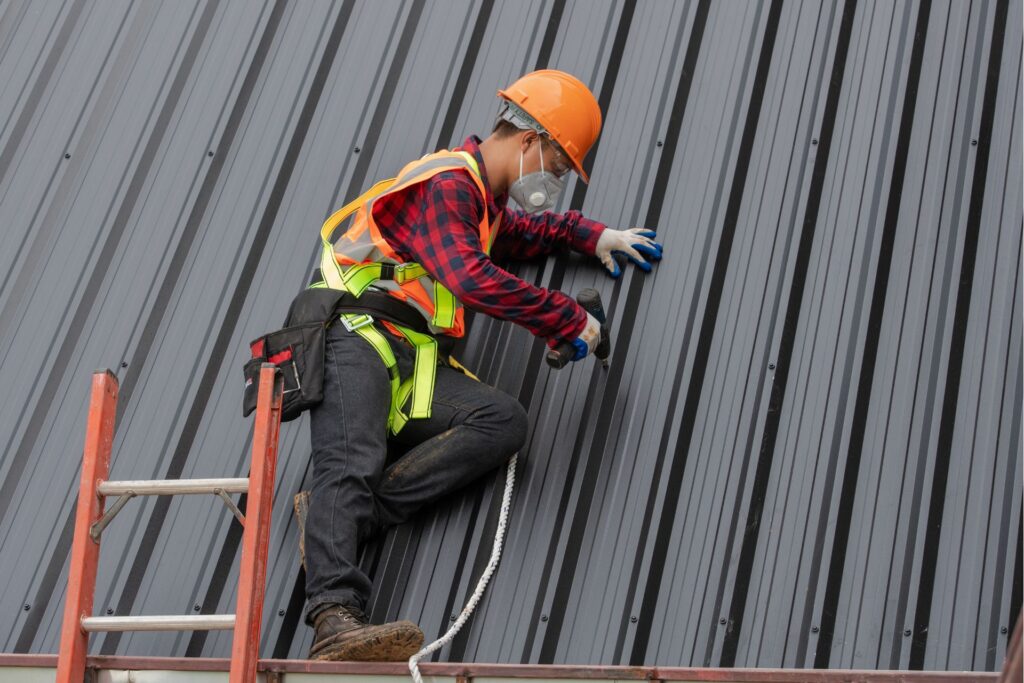
Additional Costs To Consider In Roofing
When planning a roofing project, it’s essential to look beyond the sticker price of materials. A holistic view of your budget includes considering additional expenses that often go unnoticed until the bill comes. This article sheds light on those extra costs, offering insights into how the size, shape, and slope of your roof can impact your final expenditure. Plus, we’ll share some savvy tips to help you budget smarter and potentially save on your roofing venture.
Understanding the Full Spectrum of Roofing Expenses
Installation Fees: The labor cost for installing your new roof can sometimes equal or even exceed the material costs. The complexity of your project, the experience level of the contractor, and your location can significantly influence these rates.
Permits and Inspections: Many localities require permits for roofing projects to ensure they meet specific building codes. The cost of these permits varies by region. Similarly, inspections may be necessary both during and after installation to confirm the quality and compliance of the work. These regulatory steps are crucial for the safety and legality of your roofing project, adding to the overall cost.
Potential Repairs: It’s not uncommon to uncover issues like structural damage or mold when replacing a roof. These problems must be addressed before installing a new roof, leading to unexpected repair costs. It’s wise to allocate a portion of your budget for such unforeseen expenses.
The Impact of Roof Size, Shape, and Slope
The dimensions and design of your roof play a pivotal role in determining the cost of your roofing project. Here’s how:
Size: Naturally, the larger your roof, the more materials and labor it will require, leading to higher costs.
Shape: Complex roof designs with multiple levels, valleys, and features like skylights or chimneys can complicate the installation process, increasing labor time and costs.
Slope: Steeper roofs are more challenging and hazardous to work on, which may lead to higher labor charges. Additionally, they may require more material per square foot of coverage area.
Budgeting and Saving on Your Roofing Project
Get Multiple Quotes: Shopping around and obtaining several estimates from reputable contractors can help ensure you’re getting a fair price for your roofing project.
Choose the Right Time: Roofing services can be in high demand during certain times of the year. Planning your project during off-peak seasons may result in lower costs due to increased contractor availability.
Consider Material Alternatives: While you shouldn’t compromise on quality, exploring various material options could uncover cost-saving opportunities. Some materials offer a similar aesthetic and durability at a lower price point.
Invest in Quality: Opting for high-quality materials and skilled labor might seem expensive upfront, but it can save you money in the long run. A well-done roof lasts longer, requiring fewer repairs and delaying the need for a replacement.
Maintain Your Roof: Regular maintenance can extend the life of your roof and prevent costly repairs. Simple actions like cleaning gutters, removing debris, and inspecting for damage can make a significant difference.
Planning for a roofing project involves careful consideration of both visible and hidden costs. By understanding the full scope of expenses and making informed decisions, you can manage your budget effectively and invest in a roof that adds value to your home for years to come.
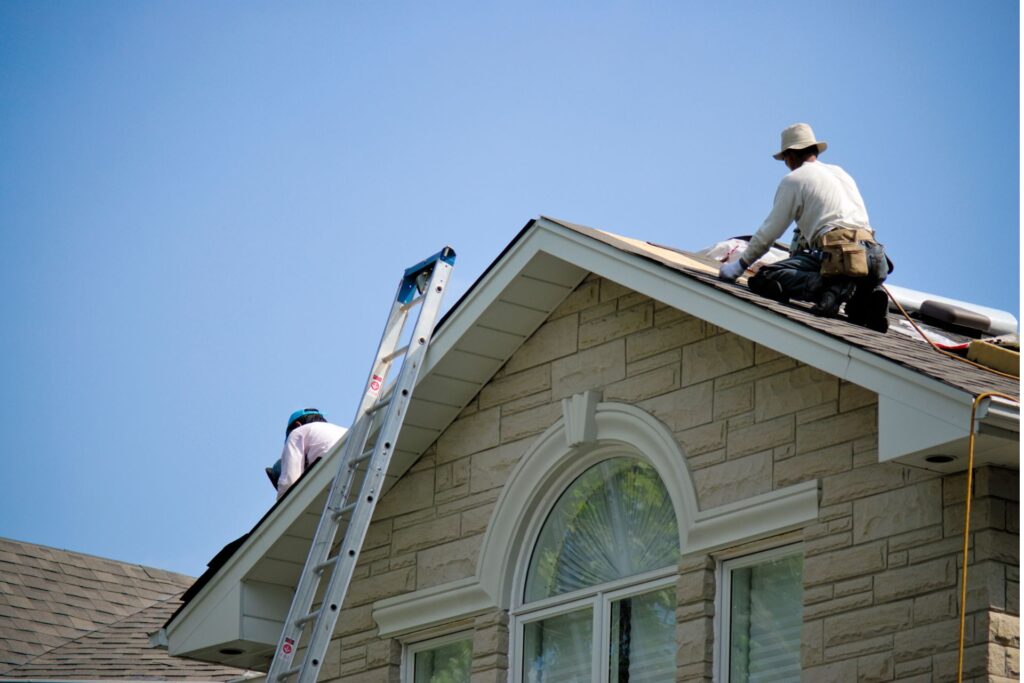
Choosing The Right Roofing Material For Your Home
Choosing the right roofing material for your home is a pivotal decision that impacts not only the aesthetic appeal of your property but also its functionality, durability, and overall maintenance requirements. This comprehensive guide aims to walk you through the essential factors to consider, ensuring you make an informed choice that aligns with your personal needs, the specific climate of your region, and the architectural style of your home.
Understanding Your Needs and Preferences
The journey to selecting the best roofing material begins with a clear understanding of your personal preferences and needs. Consider what matters most to you: Is it longevity, aesthetic appeal, energy efficiency, or perhaps a combination of these factors? Your priorities will significantly influence your material choice, as each option comes with its own set of benefits and limitations.
Climate Considerations
The climate of your area plays a critical role in determining the most suitable roofing material. Different materials react uniquely to elements such as rain, snow, high winds, and extreme temperatures. For instance, metal roofing is renowned for its durability and ability to withstand severe weather conditions, making it an ideal choice for areas prone to storms or wildfires. On the other hand, clay and concrete tiles offer excellent thermal properties, making them perfect for homes in hotter climates by helping to keep indoor temperatures cooler.
Matching Roofing Material with House Style
The architectural style of your home should not be overlooked when selecting a roofing material. The right choice can enhance your home’s aesthetic and potentially increase its market value. Traditional homes may benefit from the classic appearance of slate or wood shakes, while modern homes might look best with metal roofing or asphalt shingles that offer a sleek, contemporary appeal.
The Importance of Durability and Maintenance
When choosing your roofing material, it’s crucial to consider its lifespan and maintenance requirements. Some materials, like slate, can last over a century with minimal maintenance, but come with a higher initial cost. Others, such as asphalt shingles, are more affordable but may need to be replaced every 20 to 30 years. Evaluate the long-term maintenance and potential repair costs associated with each material to ensure it aligns with your long-term housing plans and budget.
Making an Informed Decision
Selecting the right roofing material for your home is a significant investment that affects your home’s overall performance and aesthetics. It’s advisable to consult with roofing professionals who can provide insights into the benefits and drawbacks of each material, taking into account your specific needs, climate, and the architectural style of your home. By carefully weighing these factors, you can make an informed decision that ensures the longevity, efficiency, and beauty of your home for years to come.
In conclusion, choosing the right roofing material requires a careful balance of aesthetics, functionality, and practical considerations such as climate compatibility, maintenance, and durability. By taking the time to evaluate your options thoroughly, you can enhance not only the appearance of your home but also its value and performance. Remember, the best choice is one that meets your unique needs and preferences while ensuring your home is well-protected and beautiful.
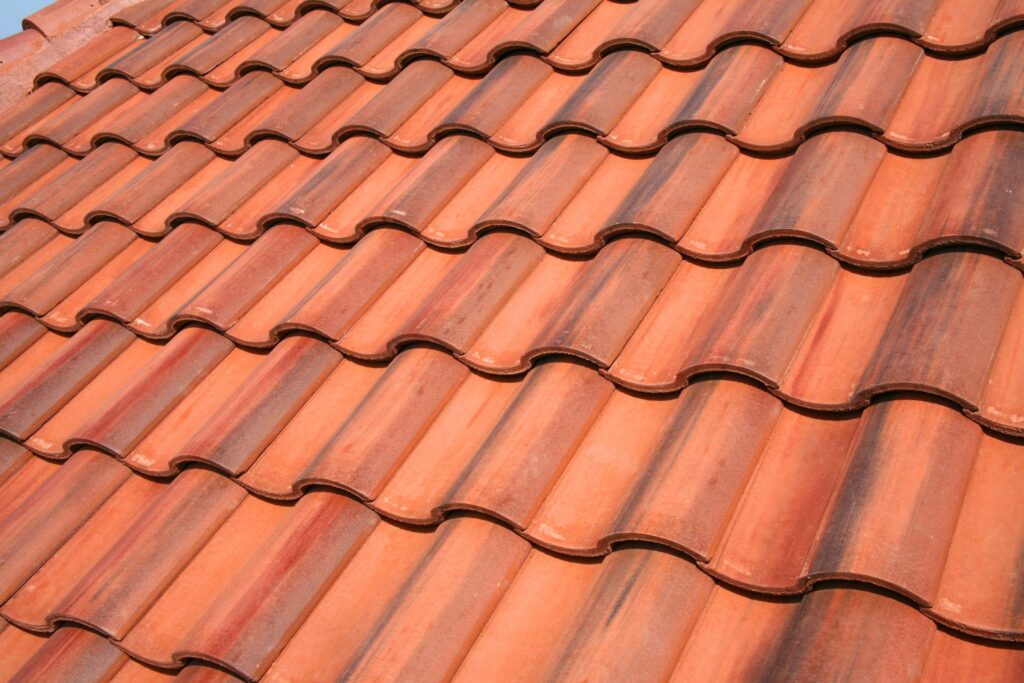
Hiring A Professional VS. DIY Roofing
When considering a roofing project, homeowners are often faced with the decision of whether to hire a professional contractor or to take on the project themselves (DIY). This choice can significantly impact not only the project’s cost but also its overall success and safety. Let’s dive into the pros and cons of both options while emphasizing the crucial aspects of safety and quality workmanship.
Hiring a Professional Roofing Contractor
Pros
Expertise and Experience: Professional roofers bring years of experience to your project. This expertise ensures that the job is done correctly the first time, adhering to all local building codes and manufacturer specifications, which can be particularly beneficial for complex projects.
Safety: Roofing is a high-risk task. Professionals have the necessary equipment and training to perform the work safely, minimizing the risk of injuries.
Time-Saving: A professional team can complete the project much faster than a DIY enthusiast. This efficiency means your home will be protected sooner, and you can avoid the prolonged inconvenience of an ongoing project.
Warranty and Insurance: Reputable contractors offer warranties on both materials and labor. Moreover, they carry insurance that protects you from liability in the event of accidents or damage to your property.
Cons
Cost: The most significant downside of hiring professionals is the cost. Labor can be a considerable part of the overall expense, but this also reflects the skill and safety protocols that come with professional work.
Finding the Right Contractor: It can be challenging to find a trustworthy and competent roofing contractor. Homeowners must do their due diligence to avoid scams and poor-quality work.
DIY Roofing
Pros
Cost Savings: The primary advantage of DIY roofing is the potential for cost savings. You can save on labor costs, which can be significant.
Personal Satisfaction: Completing a roofing project on your own can provide a sense of accomplishment and the opportunity to learn new skills.
Cons
Safety Risks: The lack of professional training and safety equipment can make DIY roofing highly dangerous, leading to serious injuries.
Quality of Work: Without the necessary experience, there’s a higher risk of mistakes. Poor roofing can lead to leaks, structural damage, and the need for costly repairs or a complete redo of the project.
Time Investment: Roofing projects can be more time-consuming and challenging than anticipated. What might seem like a weekend project could turn into several weeks, exposing your home to weather-related risks.
Warranty and Resale Issues: DIY roofing might void warranties on roofing materials and can potentially affect your home’s resale value due to concerns over workmanship quality.
Emphasizing Safety and Quality Workmanship
Regardless of the path chosen, safety and quality workmanship are paramount. For homeowners considering the DIY route, it’s essential to realistically assess your skills, knowledge, and the potential risks involved. Safety gear and thorough preparation are non-negotiable. On the other hand, when opting for a professional, choosing the right contractor is crucial. Look for licensed, insured professionals with a strong track record and positive reviews.
In conclusion, while DIY roofing might seem appealing for its cost-saving potential, the benefits of hiring a professional safety, expertise, time efficiency, and peace of mind—often outweigh the costs. Ultimately, the decision should be based on a careful evaluation of the project’s complexity, your skills, and the potential risks involved. Ensuring the safety and longevity of your roof is essential for protecting your home and your loved ones.
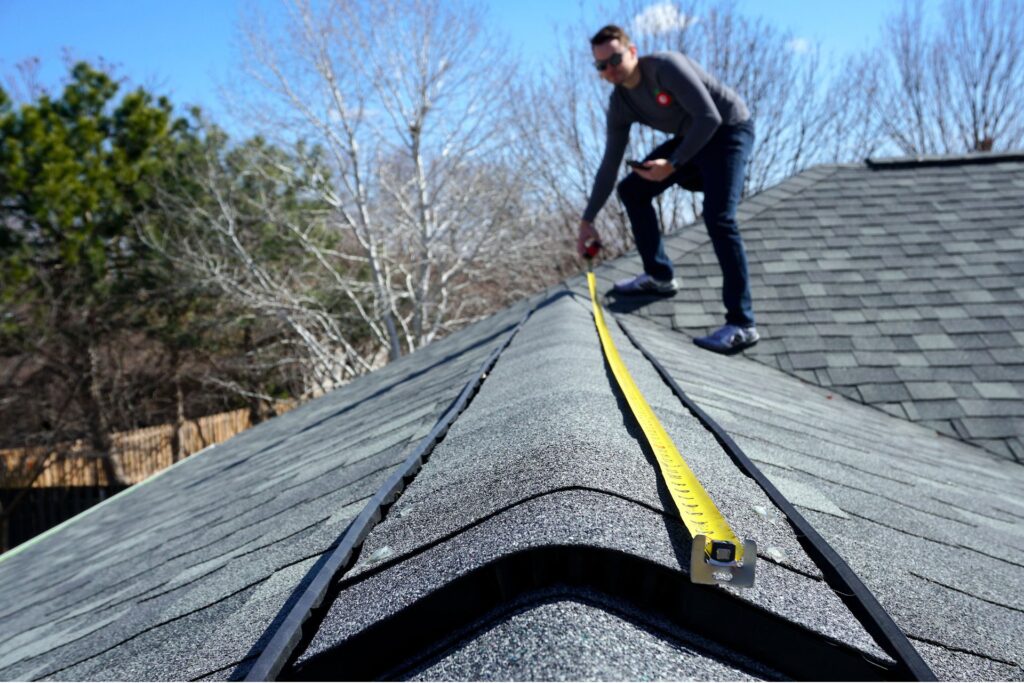
How To Get The Best Quotes For Your Roofing Project
When it comes to roofing projects, whether it’s a minor repair or a complete overhaul, getting the best quote is not just about finding the lowest price. It’s about ensuring you’re paying a fair price for quality work that will stand the test of time. This comprehensive guide provides insider tips and strategies on how to collect and compare quotes from reputable contractors and what key factors to consider in a roofing contractor, including licenses, insurance, and references. By the end of this guide, you’ll be equipped with the knowledge to secure the best deal for your roofing project, ensuring durability, aesthetics, and value for your home.
Collecting and Comparing Quotes from Reputable Contractors
Start with Research
Begin your quest for the best roofing quotes by conducting thorough research. Look for local roofing contractors with good reputations. Use online directories, review sites, and social media platforms to gather a list of potential contractors. Pay attention to customer reviews, ratings, and any before-and-after photos of their work.
Request Multiple Quotes
Once you have a list of potential contractors, request quotes from at least three to five of them. This range allows you to have a broad perspective on the pricing and services offered without overwhelming you with options. Ensure that these quotes are detailed, breaking down the costs for materials, labor, and any additional services.
Evaluate the Quotes
When you receive the quotes, compare them side by side. Look beyond the bottom line; a lower quote might not include essential services that another contractor provides at a slightly higher cost. Ensure that the quotes are comprehensive and cover the full scope of your roofing project.
What to Look for in a Roofing Contractor
Licenses and Certifications
Always verify that the roofing contractors you are considering are licensed to work in your area. Licenses are a testament to their knowledge, skill, and adherence to local building codes. Additionally, check for any certifications from roofing materials manufacturers, as these can indicate a higher level of expertise and potentially offer better warranties on their work.
Insurance is Crucial
Insurance protects both you and the contractor in case of accidents or damage to your property. Ensure that the contractor has liability insurance and workers’ compensation. Don’t hesitate to ask for proof of insurance; a reputable contractor will be happy to provide it.
Check References
A trustworthy roofing contractor should have a list of references from previous clients. Contact these references to inquire about their experience with the contractor. Questions to ask include the quality of work, adherence to the estimated budget and timeline, and their overall satisfaction with the project.
Finding the best quote for your roofing project requires diligence, research, and a keen eye for detail. By following the strategies outlined in this guide, you’ll be well on your way to securing a roofing quote that offers the best value for your investment. Remember, the goal is not just to save money but to ensure that your roofing project is completed to high standards, offering peace of mind and enhancing your home’s value and appearance.
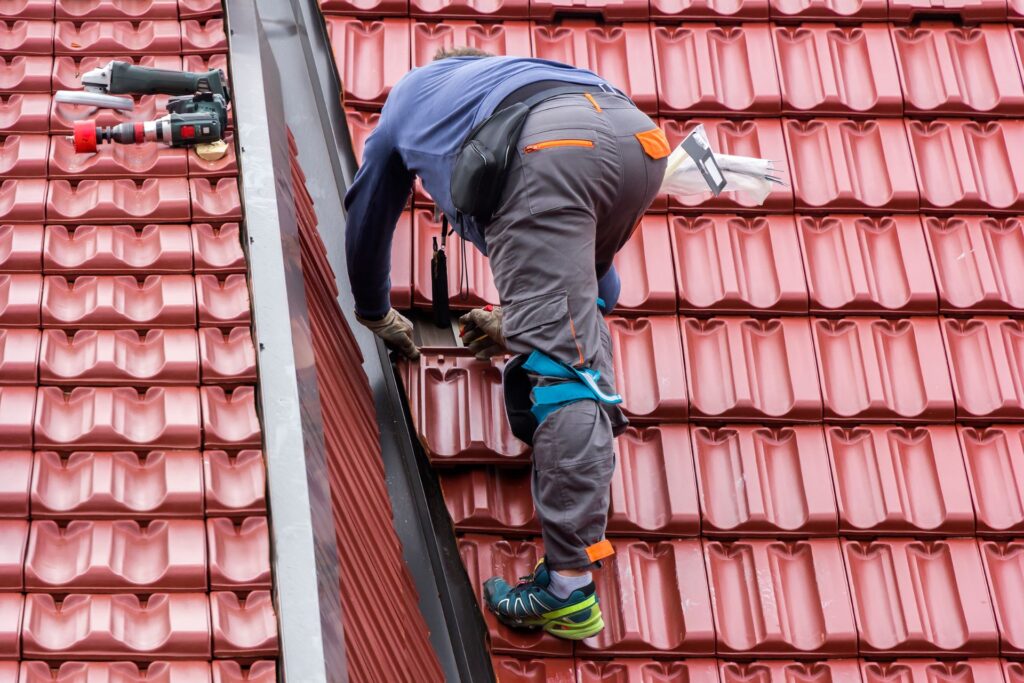
Maximizing Your Investment In Your Roofing Project
Investing in your home’s roofing project isn’t just about covering the top of your home—it’s about enhancing its value, efficiency, and appeal. Whether you’re contemplating repairs, a full replacement, or a significant upgrade, there are several pivotal strategies to ensure your investment not only stands the test of time but also adds substantial value to your property. Let’s delve into the essentials of maximizing your investment, focusing on the importance of warranties, the role of energy efficiency, and the impact of aesthetic appeal.
Prioritizing Warranties: Your Safety Net
One of the first steps in maximizing your roofing investment is understanding and securing comprehensive warranties. A robust warranty serves as your safety net, offering peace of mind and protection against unforeseen issues. Look for warranties that cover both materials and workmanship. Material warranties are provided by the manufacturer and ensure your roofing materials are free from defects. Workmanship warranties, offered by the contractor, safeguard you against installation errors. Prioritizing both warranties can significantly extend the lifespan of your roof, ultimately enhancing your home’s value.
Enhancing Energy Efficiency: A Win-Win
Energy efficiency is not just a buzzword—it’s a critical component of your roofing project that can lead to significant savings and comfort. A well-constructed, energy-efficient roof does wonders in maintaining your home’s temperature, reducing the need for excessive heating and cooling, and cutting down on energy bills. Options like cool roofing materials can reflect more sunlight and absorb less heat, making your home more comfortable during hot months. Upgrading to energy-efficient materials may involve an upfront cost, but the long-term savings and increased property value are well worth the investment.
Elevating Aesthetic Appeal: The First Impression
The aesthetic appeal of your roof plays a crucial role in the overall look and feel of your home. It’s the first thing people notice and can make or break the curb appeal of your property. Choosing the right materials, colors, and designs can complement your home’s architectural style and enhance its attractiveness. Whether you prefer traditional asphalt shingles, sleek metal roofing, or timeless clay tiles, selecting a style that fits your home’s character can significantly boost its market value. Remember, an aesthetically pleasing roof not only attracts potential buyers but also instills pride in homeownership.
Maximizing your investment in your roofing project is about making informed decisions that align with long-term benefits. By focusing on securing comprehensive warranties, investing in energy efficiency, and choosing materials that elevate your home’s aesthetic appeal, you’re not just installing a roof—you’re enhancing your home’s value, functionality, and beauty. Remember, a well-planned roofing project not only protects your home from the elements but also serves as a key investment in your property’s future.
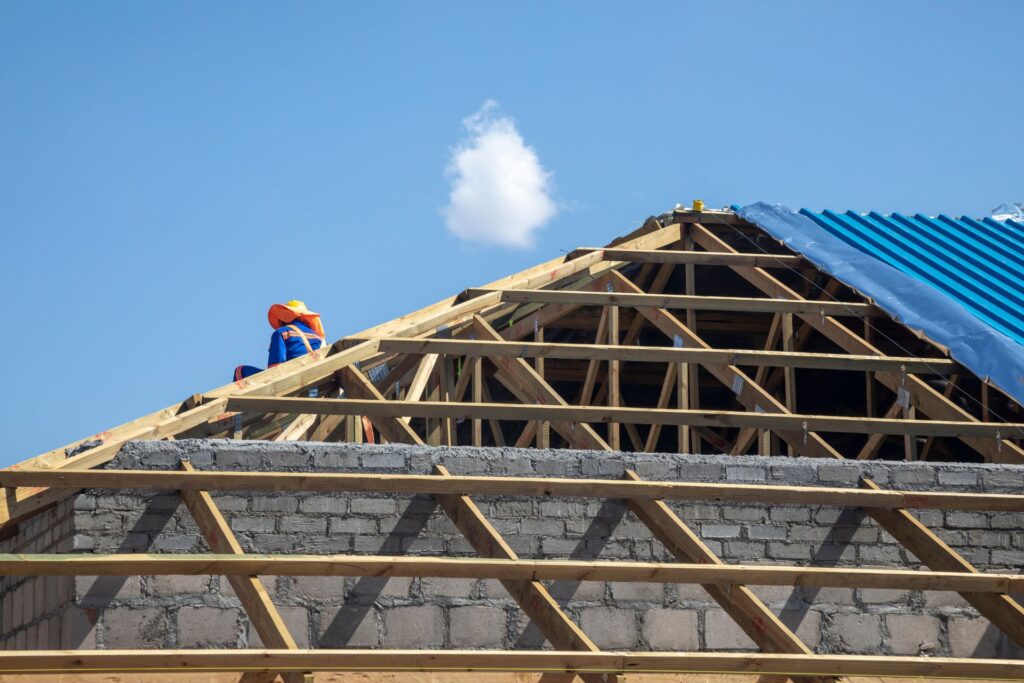
FAQs: About Roofing Costs Per Square Meter In NZ
What factors influence the cost of roofing per square meter in New Zealand?
The cost of roofing in New Zealand is influenced by several factors including the type of materials chosen, the complexity of the installation, labor costs, the location of your property, and any additional features or requirements specific to your roofing project.
How much can I expect to pay for roofing materials?
The cost of roofing materials varies widely depending on the type you choose. Asphalt shingles, metal roofing, clay tiles, concrete tiles, and slate each come with different price tags, influenced by durability, aesthetic appeal, and market availability.
Why do roofing costs vary by material?
Roofing materials differ in cost due to their manufacturing process, longevity, weight, and the level of maintenance they require. For instance, slate is more expensive due to its natural composition and durability, whereas asphalt shingles are more affordable but have a shorter lifespan.
Are there any additional costs I should consider when budgeting for a new roof?
Yes, besides the base cost of materials per square meter, consider additional expenses such as installation, permits, inspections, and any necessary repairs to the roofing structure that might arise during the project.
How does the shape and size of my roof affect the overall cost?
The overall cost of roofing is significantly affected by the size, shape, and slope of your roof. Larger roofs require more materials and labor, while complex shapes and steep slopes might necessitate special equipment or additional safety measures, increasing the cost.
How do I choose the right roofing material for my home?
Selecting the right roofing material involves considering your budget, the climate in your area, your home’s architectural style, and your personal preferences for aesthetics and durability. Weighing these factors will help you make an informed decision that balances cost with functionality and appearance.
What are the benefits of hiring a professional roofing contractor versus DIY?
Hiring a professional ensures that your roofing project is completed safely and to a high standard. Professionals bring expertise, experience, and the necessary equipment, which is particularly important for complex or high-risk projects. DIY might save on labor costs but can be risky if you lack the proper skills and tools.
How can I get the best quotes for my roofing project?
To get the best quotes, request estimates from multiple reputable roofing contractors. Provide them with detailed information about your project to ensure the quotes are accurate. Compare the quotes not just on price, but also on the quality of materials, the scope of work, and the contractor’s experience and reputation.
How does a new roof add value to my home?
A new roof can increase your home’s resale value, improve its curb appeal, enhance energy efficiency, and offer better protection against the elements. It’s a significant investment that can lead to long-term savings and benefits.
What should I look for in a roofing warranty?
When evaluating roofing warranties, look for what’s covered (e.g., materials, labor, or both), the length of the warranty, any actions that might void the warranty, and the transferability of the warranty if you sell your home. A strong warranty can offer peace of mind and protection against future issues.
Conclusion
In wrapping up our comprehensive guide on navigating roofing projects, it’s crucial to underscore the wealth of insights we’ve shared, aimed at empowering homeowners and property managers. We’ve journeyed through the importance of choosing the right materials and the indispensability of expert installation and maintenance, highlighting how informed decisions in these areas underpin the success of any roofing endeavor. The selection of a reputable contractor emerges as a pivotal step, crucial for avoiding pitfalls and ensuring a project’s success.
Equipped with the knowledge from our discussions, you’re poised to approach your roofing project with newfound confidence, ready to make choices that ensure durability, aesthetic appeal, and structural integrity for your property. This condensed wisdom serves not just as a guide but as a beacon of encouragement, illuminating the path to a secure and well-protected home or building. Let this knowledge embolden you to tackle roofing projects with optimism, knowing you’re well-prepared to make informed decisions that safeguard your property’s value and safety for years to come.
About the Author:
Mike Veail is a recognized digital marketing expert with over 6 years of experience in helping tradespeople and small businesses thrive online. A former quantity surveyor, Mike combines deep industry knowledge with hands-on expertise in SEO and Google Ads. His marketing strategies are tailored to the specific needs of the trades sector, helping businesses increase visibility and generate more leads through proven, ethical methods.
Mike has successfully partnered with numerous companies, establishing a track record of delivering measurable results. His work has been featured across various platforms that showcase his expertise in lead generation and online marketing for the trades sector.
Learn more about Mike's experience and services at https://theleadguy.online or follow him on social media:

